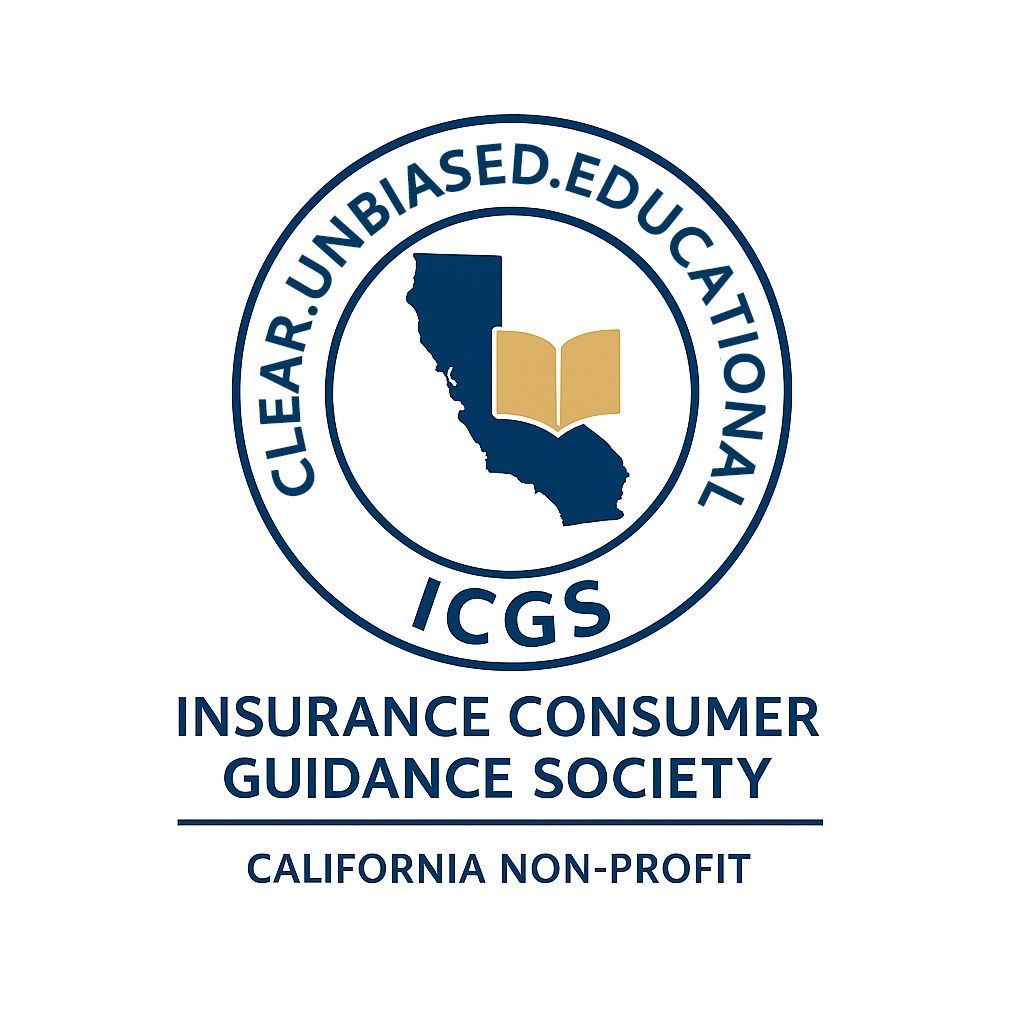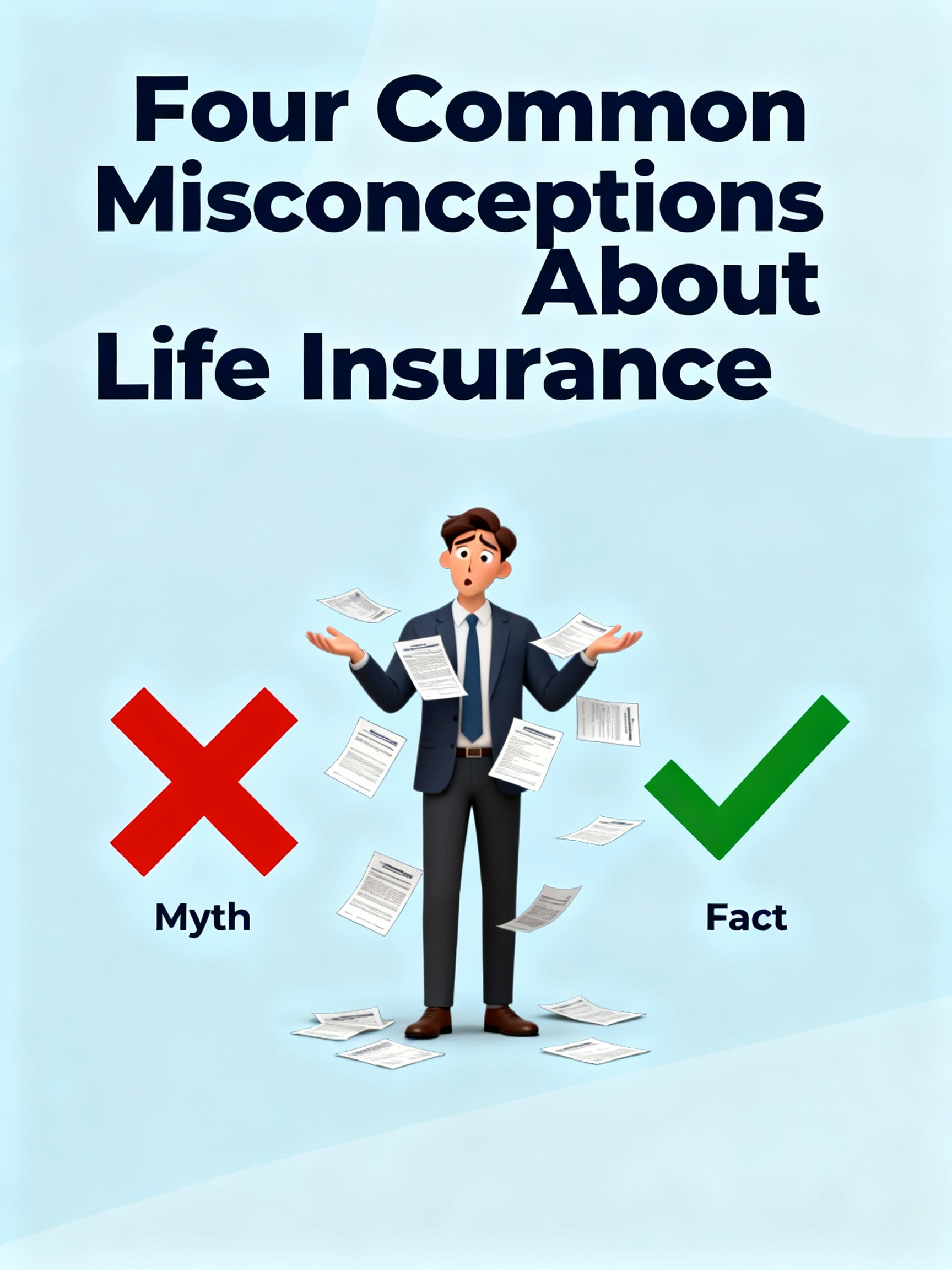AB 2743’s Fast Track Through California’s Legislature
Published Date: 08/02/2024
When it comes to public policy, few things move quickly — especially in California. But every so often, a bill breaks through political gridlock, unites opposing interests, and advances through Sacramento with surprising speed.
That’s exactly what’s happening with Assembly Bill 2743 (AB 2743), introduced by Assemblymember Blanca Pacheco (D–Downey). The bill aims to preserve fair and sustainable insurance standards for California’s growing peer-to-peer car-sharing industry by preventing unintended insurance hikes that could have forced innovation out of the state.
In a recent episode of Insurance Hour, host Karl Susman spoke with Pacheco about how her bill moved out of the Assembly and into the Senate — and why bipartisan support has been essential to its rapid progress.
From Downey to Sacramento: How AB 2743 Advanced
As the discussion opened, Susman congratulated Pacheco on how far the bill had already gone.
“You were saying that currently it’s gone through the Assembly — big thumbs up, right?” he said. “So now it’s in the Senate, going through their committees.”
“That is correct,” Pacheco confirmed. “It’s already gone through two different committees on the Senate side, and it’s received bipartisan support.”
That bipartisan backing is notable in a legislative environment where most bills split along party lines. AB 2743 gained traction across the aisle because it is grounded in fairness, consumer protection, and economic practicality.
“A lot of senators, like the Assembly members, want to keep this business here in California,” Pacheco said. “They see the importance of the bill.”
What AB 2743 Does and Why It’s Needed
AB 2743 fixes a looming problem in state law that could have sharply increased insurance requirements for car-sharing platforms like Turo and Getaround.
Under current law, these platforms already carry coverage at levels three times higher than standard personal auto policies. But a change scheduled for January 2025, tied to a prior bill (SB 1107), would push those limits even higher — an unintended consequence that could have made operating in California financially unviable.
“This bill keeps financial responsibility limits stable,” Pacheco explained in earlier discussions. “It prevents an unnecessary increase that was never meant to apply to car-sharing programs.”
At its core, AB 2743 is about preserving access — ensuring that Californians can continue to rent out their personal vehicles and that mobility platforms can remain in the state without unsustainable cost burdens.
Inside the Senate Process: Committees, Votes, and Momentum
For any bill to become law in California, it must clear both the Assembly and the Senate, each with its own committees, review stages, and political dynamics.
AB 2743 passed the Assembly earlier in the year and has since cleared two Senate committees. The next step is a vote on the Senate floor.
“You have 40 state senators,” Pacheco said. “And you need 21 votes to pass.”
“So it’s a simple majority,” Susman clarified.
“It is,” she replied. “And I’m very optimistic.”
That optimism is supported by the bill’s strong early traction, minimal organized opposition, and backing from the California Department of Insurance.
A Legislative Sprint, Not a Marathon
Susman noted how quickly the bill had moved through the process.
“From a general citizen’s standpoint, to hear that something could go from nothing to the Senate floor in six or seven months — that’s pretty fast,” he said.
Pacheco acknowledged that while some bills do move quickly, others can take years.
“It is typical for some bills,” she said. “But tough bills can take two years, especially when there’s heavy opposition or a lot of language to refine.”
She credited preparation and early collaboration for AB 2743’s momentum.
“We started this process back in January,” she said. “And conversations actually began last year to get people on board and reduce opposition early.”
How Consensus Is Built in Real Time
When asked how she secured support across political and industry lines, Pacheco pointed to her open-door approach.
“I work with the opposition,” she said. “I try to get them to a good place where maybe they’re neutral on the bill. That’s the important thing.”
Neutrality, she explained, can be just as powerful as active support because it removes organized resistance.
“You talk with people who oppose it, fix language that matters to both sides, and get to a good place,” she said.
Susman summarized with a laugh: “So they don’t have to love it — they just can’t hate it?”
“Correct,” Pacheco replied. “They just can’t hate it.”
Behind the humor is a key legislative truth: progress often comes from compromise, communication, and persistence.
Managing Stakeholder Support and Opposition
Susman asked which groups typically weigh in on a bill like this.
“It could be consumer attorneys,” Pacheco said. “Fortunately, we had the Department of Insurance on board, which is a big deal. But there are always lobbyists and interest groups who support or oppose based on their perspective.”
California’s legislative process is shaped by these competing voices, making relationship-building and transparency essential.
“It really is about having that open-door policy,” she said. “You help people not oppose your bill — that’s how you get bills through.”
The Role of the California Department of Insurance
Support from the California Department of Insurance (CDI) has played a major role in AB 2743’s progress.
“It’s good to hear that the Department of Insurance is behind it,” Susman said. “Since the Insurance Commissioner is elected, that feels like a strong sign.”
CDI’s endorsement signals that AB 2743 is viewed as a responsible technical correction — not a rollback of consumer protections.
“We’re not removing oversight,” Pacheco has said previously. “We’re maintaining fairness.”
That regulatory backing has reassured other lawmakers that the bill strikes the right balance between innovation and public protection.
What Bipartisan Support Looks Like in Practice
Behind the scenes, Pacheco has spoken with senators from both parties.
“It’s already gone through two committees smoothly,” she said. “Senators on both sides understand the importance of keeping this business in California.”
Even Senator Bill Dodd, who authored the original bill that inadvertently created the insurance issue, has supported the corrective measure.
“He recognizes this was an unintended consequence,” Pacheco said. “And he’s been supportive of fixing it.”
In a polarized political climate, this kind of cross-party cooperation is both rare and significant.
The Power of Legislative Relationships
Beyond policy mechanics, Pacheco emphasized that trust and professional relationships are often decisive.
“Legislators see how hard you work on a bill,” she said. “If it’s in a place where they feel comfortable, they’ll vote for it.”
Her process is defined by direct engagement, careful listening, and a willingness to revise language to reach common ground.
“You have to bring people to the table,” she said. “You have to find common ground. It takes a lot of work.”
Why AB 2743 Matters Beyond Car Sharing
Although AB 2743 is narrowly focused on peer-to-peer car sharing, its broader lesson applies across California’s innovation economy.
Every new business model — from Uber to Airbnb to autonomous vehicles — challenges older regulatory frameworks.
“Every time there’s a new model, the law is playing catch-up,” Susman noted.
AB 2743 demonstrates how lawmakers can update policy without overcorrecting, using targeted fixes instead of sweeping, disruptive changes.
A Blueprint for Collaborative Policymaking
Pacheco’s approach offers a practical model for legislative success:
- Engage stakeholders early
- Address opposition directly
- Seek neutrality when full support isn’t possible
- Maintain transparency with regulators and the public
It is not flashy, but it is effective — and it is how real progress is made in Sacramento.
“It takes a lot of work,” Susman said. “But it’s encouraging to see collaboration actually working.”
What Comes Next for AB 2743
With a Senate floor vote approaching, Pacheco remains confident.
“I’m very comfortable that we’ll make it through the Senate and onto the governor’s desk,” she said. “And hopefully, he will sign.”
If approved, AB 2743 would stabilize California’s peer-to-peer car-sharing industry and set a precedent for how the state can respond quickly and intelligently to unintended regulatory outcomes.
“Sometimes fixing something small prevents a much bigger problem,” Pacheco said. “That’s what we’re doing here.”
Final Thoughts: Progress Through Partnership
As Susman closed the segment, he reflected on what makes AB 2743’s progress so unusual.
“You’ve got the Department of Insurance, bipartisan senators, and even the author of the original bill all working together on this,” he said. “That’s not something we see every day.”
In an era of partisan tension and slow-moving government, AB 2743 stands as a reminder that collaboration still works — and that common sense can still move legislation forward.
“We may not always agree,” Pacheco said. “But if we listen, we can get to a good place. That’s how we make progress.”
Key Takeaways
AB 2743 stabilizes insurance requirements for California’s peer-to-peer car-sharing market.
The bill has cleared the Assembly and two Senate committees with bipartisan support.
Backed by the Department of Insurance, it preserves fairness without weakening consumer protections.
Assemblymember Blanca Pacheco’s open-door policy helped reduce opposition and build consensus.
The legislation shows how collaboration — not confrontation — drives effective reform in California.
Author






